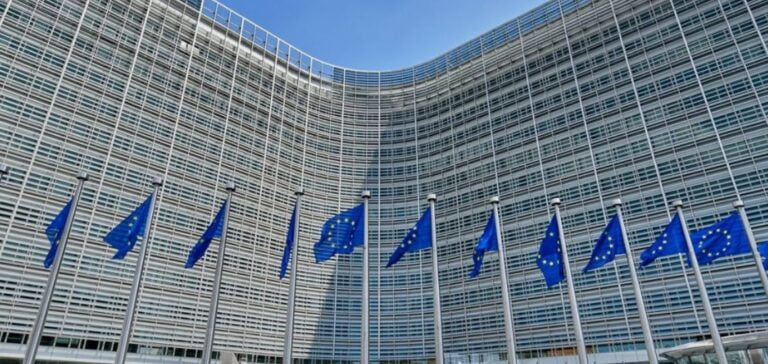The European Commission has updated its guidelines on authorization procedures for renewable energy projects. These new guidelines are designed to simplify and speed up the approval process. On the other hand, they highlight best practices for faster turnaround. The focus is on digitalization, community participation, and improving the skills and human resources needed to administer projects under the REPowerEU plan.
Designation of Renewable Acceleration Zones
The Commission has also adopted guidelines for the selection and designation of acceleration zones for renewables. These areas are chosen for their expected low environmental impact, and can therefore benefit from accelerated procedures. The key criteria for selecting these zones include two specific points. Digital planning and mapping tools are also available, facilitating site selection and network connection decisions.
Tips on auction design
The Commission’s advice on the design of renewable energy auctions highlights the importance of non-price criteria. In addition, these criteria aim to promote higher value-added projects, supporting Europe’s net zero emissions technology base. This focus on more strategic projects reflects Europe’s commitment to combining a clean energy transition with the consolidation of a strong industrial base.
Union Renewable Development Platform
The Commission has updated its EU Renewable Energy Development Platform. This is an area where member states can publish basic information on their auction schedules. On the other hand, this platform aims to improve transparency and coordinate efforts at European level to reach the target of 45% renewables in the energy mix by 2030.
With these initiatives, the European Commission is strengthening its regulatory framework to support the expansion of renewable energies. These efforts are part of a broader strategy. The aim is to reduce Europe’s dependence on fossil fuels and move towards energy autonomy.






















